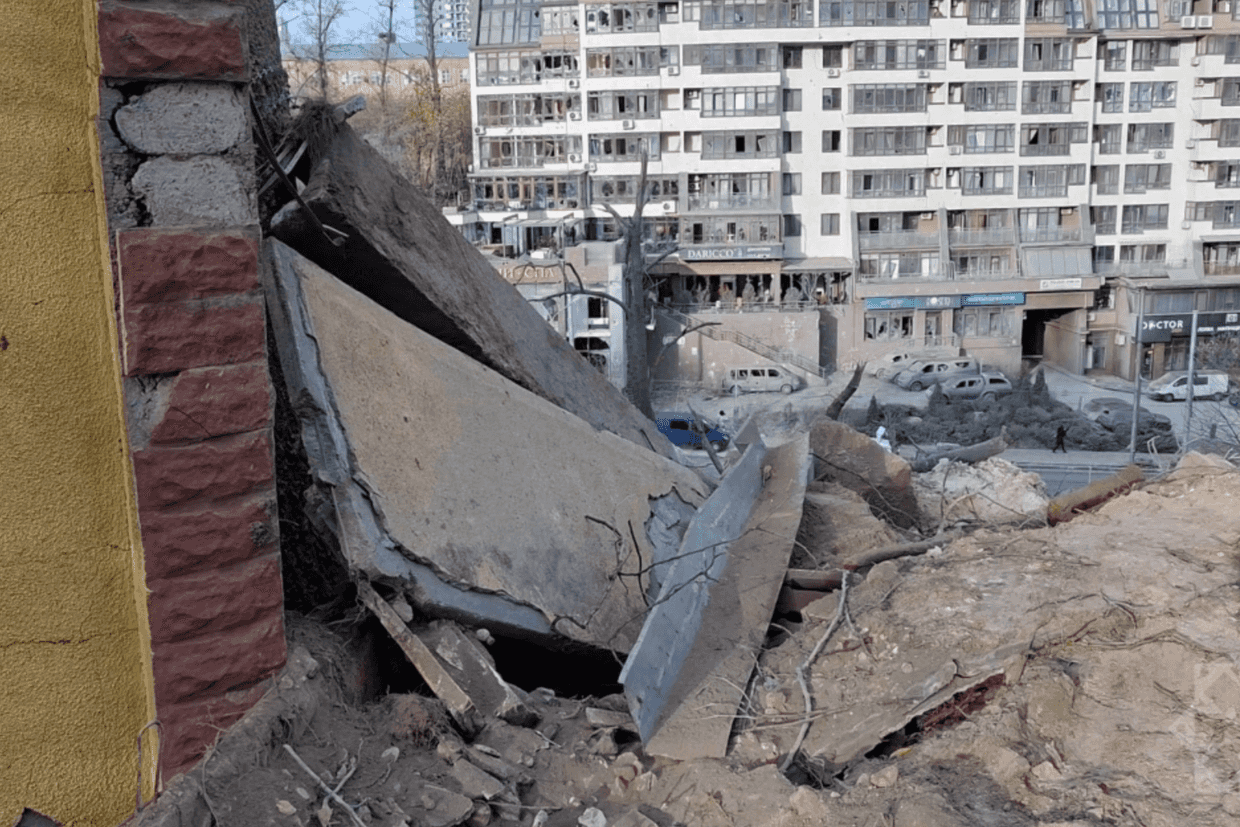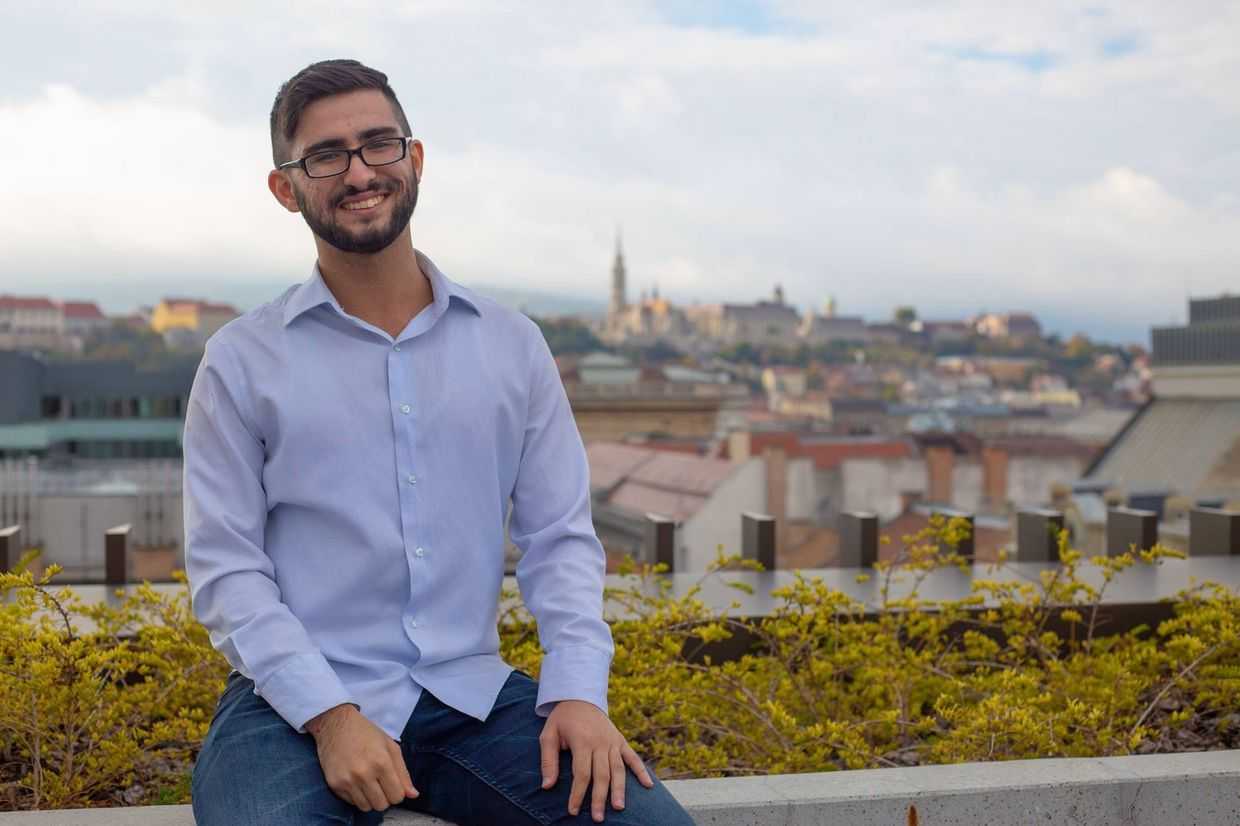

Azerbaijani politicians from the ruling party have begun discussing plans to restrict access to social media in the country, including a proposal to create a new ‘national social network’.
On 11 February, MP Musa Guliyev from the ruling New Azerbaijan Party spoke to local media about the possible creation of a new national social media network.
‘We can create our own national social network and close other social networks to prevent people from slandering Azerbaijan’, he told local media. ‘Thus, we can know who the moral and ideological terrorists against Azerbaijan are. Then we can limit their activity’.
Following this, Deputy Chair of Parliament Ziyafat Asgarov, also from the ruling party, proposed amending the law regulating social media networks.
Asgarov told Oxu.az on 21 February that ‘insulting the lawful actions, the personality, the honour, or the dignity of human beings is unacceptable and is being pursued under criminal law.’
‘Certain changes can be made in the legislation, including the Law on Mass Media, to prevent such cases’, Asgarov said.
In addition to official calls for more regulations, numerous politicians have spoken out against activities conducted on social media.
Fighting ‘moral terrorism’
At a conference of the New Azerbaijan Party Youth Union on 26 January, Deputy Prime Minister and Executive Secretary of the party, Ali Ahmedov, said that social media networks were becoming an instrument for ‘moral terrorism’.
‘In some cases, social media networks are used for other purposes and intentions in the name of freedom of speech and expression. In some cases, social networks are transformed into tool for moral terrorists. […] All this increases our concerns about the use of social networks as a tool.’
This was echoed on 13 February by the Chair of the State Support Council of Non-Governmental Organisations, MP Azay Guliyev, who said during a meeting with NGO’s that social media networks had led to ‘moral terrorism’.
‘They try to discredit the state and the authorities on social networks. They do this for deliberate political purposes’.
On 4 February, independent MP Govhar Bakshaliyeva told local news agency Azertac that while social media was one of the ‘most important innovations and achievements of the modern era’, there were people who use them with ‘ugly intentions’.
‘President Ilham Aliyev acts as the principal supporter of an independent internet and social networking’, she said. ‘Unfortunately, the position of the President of the country, which is of great and strategic significance for the state and our society, is not properly appreciated by all citizens. Individuals and groups who misuse the opportunity created [by social media] can be seen’.
Novruzali Aslanov, another MP from the New Azerbaijan Party, wrote in an opinion piece on Modern.az on 14 February that new legal mechanisms were necessary to regulate slander online.
According to him, some supporters of opposition parties were ‘trying to ignore the work done instead of rejoicing in the success of our state’, and trying to ‘make a false opinion in society’, which, like other ruling party MPs, he labelled ‘moral terrorism’.
Alternative solutions
Media expert and lawyer Alasgar Mammadli told OC Media that discussions of regulating social media in Azerbaijan were not new and would likely continue.
‘These opinions are voiced [by politicians] because they are unable to combat public opinion that is created on a social media network. They see that their propaganda is not effective and so they want to block social media networks any way they can’, he said.
Mammadli linked these debates in Azerbaijan to a new bill being drafted in Russia that would give the authorities the ability to disconnect the national internet network from the outside world. He said he does not believe the discourse in Azerbaijan will lead to change, however.
‘Unlike Russia, these attempts have not yielded any results in Azerbaijan so far. In 2010, they tried to create a new social network. It did not happen. It will not happen again. Because Azerbaijan is not capable of creating a social network.’
Mammadli said that the only way to do this would be to shut down the internet, but that such a shutdown could damage the economy, especially the service and the banking sectors.
‘The government may, for example, impose some form of punishment. But all these are attempts to cover the sun with mud’.
According to Mammadli, the government allocated around ₼70 million ($40 million) for its media budget this year. But he said that government-funded media outlets have never been able to surpass the audience gathered by social media networks.
‘All these funds are, in fact, intended for propaganda purposes […] but their effectiveness is gradually decreasing’, Mammadli said.
Democratic space in the absence of democracy
Vahid Gasimov, an internet technology expert and member of the Azerbaijan Internet Forum, told OC Media that those who wanted to restrict access to social networks in Azerbaijan were doing so ‘because people are discussing and criticising in social networks these people’s stupid ideas.’
Gasimov said that social networks provided a platform for the democratic exchange of information in an ‘undemocratic country’, and called proposals to create a national social media network nonsense.
‘Two million manats ($1.2 million) were allocated for the creation of a national social media network in the past. The money was eaten and nothing was produced. İt will not be possible to do so again because no one will be a member of a fake social media network’.








